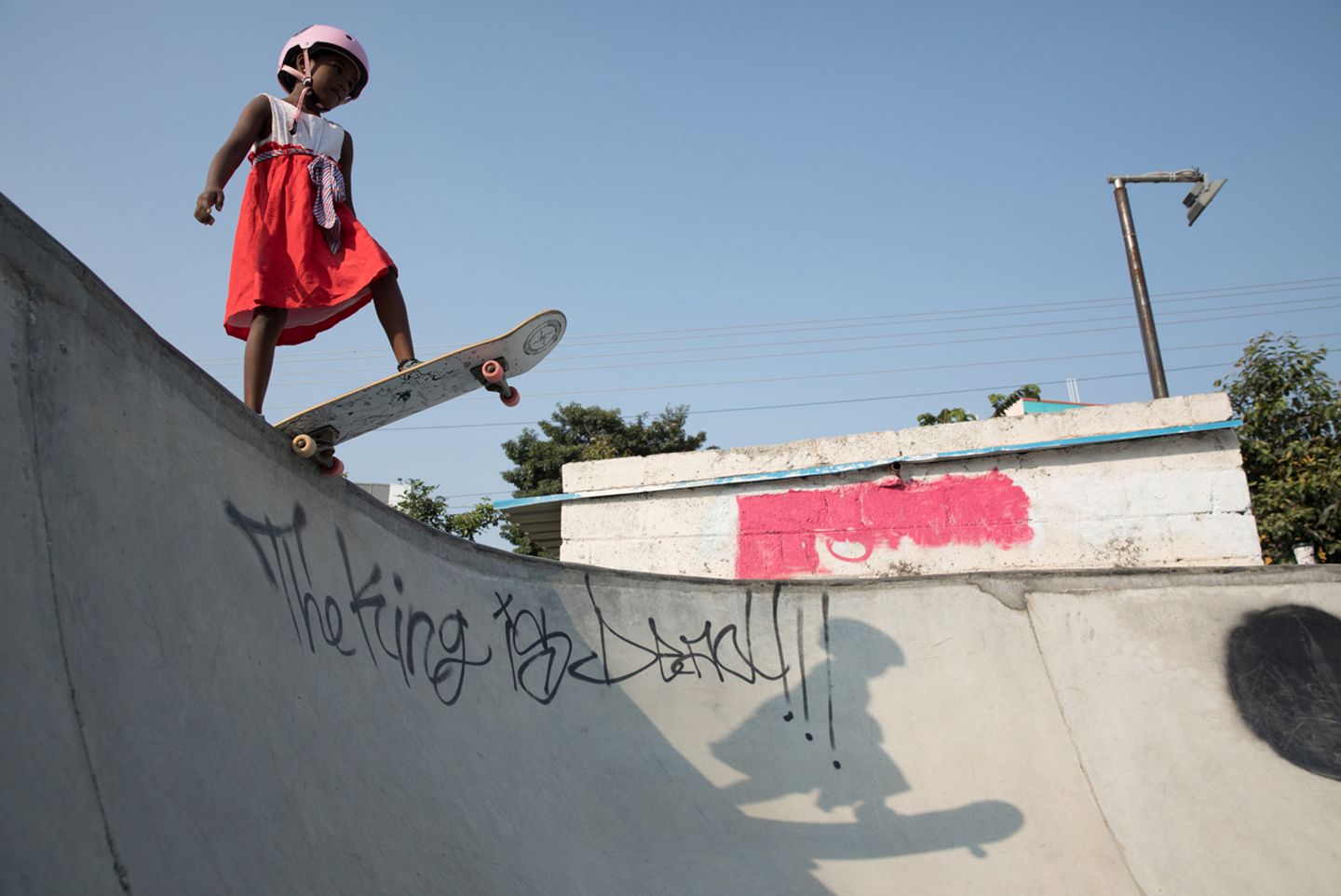How to foster your child's resiliency
We recently came across this wonderful article on “Raising Resilient Girls” from A Mighty Girl and thought we’d share a few of the gold nuggets from this post.
The ability to keep going in the face of challenge and failure is a major component of a child's future success.
Below we’ve summarised a few tips from their article for teaching resilience to your children.
Foster a Growth Mindset
What does “Growth Mindset” mean?
It’s the concept that through our attitude & practice, we can develop and refine new & current abilities, rather than these abilities be unchangeable.
Research from psychologist Carol S. Dweck has shown that many girls tend to think their abilities are “fixed”, believing they are born with or without certain talents.
This research also showed that girls were more likely to give up when they encounter challenges with a particular task, due to the belief that they don’t have the ability to improve.
How can you start fostering a growth mindset?
Dweck recommends starting by praising your child’s effort, especially when you know she is struggling, rather than her success.
Praising her effort in daily activities focuses on her ability to learn and helps to strengthen her perseverance.
Learning to assess their own abilities
“When you expect yourself to be perfect, you will always have an enduring sense that you are not perfect enough." - Rachel Simmons (author of Enough As She Is).
I love this quote and it’s what we’ve talked about here quite a bit with the Tribe of Daughters book series and encouraging girls to choose bravery, not perfection.
You can help your child assess their abilities realistically by encouraging them to “examine” their own thoughts.
When children become aware of their thoughts it gives them a tool to identify negative thought patterns which can be leading factors in issues with perfectionism (the idea that you need to excel in everything you do and are a failure if you fall short in any way).
Allow kids to challenge themselves
It’s not easy, to stand on the sidelines and watch as your child takes on a tough challenge.
Often times it can be faster to just do the task for them - such as tying shoes, etc.
By stepping in to “fix” a situation it’s actually teaching children that they aren’t capable of handling those tasks or the emotions associated with them.
Give your child space to figure things out and provide positive encouragement when you see they are struggling like:
“ I’m confident you can do it - if you keep trying”
This allows them to go through experiences, challenges, and failures which may be necessary for their developmental and emotional health.
Knowing when to step in
How do you know when it is appropriate for you to step in and offer some help?
Start by asking them if they would like your assistance.
If they say yes, point them to resources they can use to help them find the answer instead of directly giving the answer.
For teens, offer to share with them your own experience but allow your child to make their own choice on how they behave.
This encourages confidence as you’re telling your child that you trust they have the skills & enough responsibility to make a good decision and also allows them to learn from their own mistakes.
Build out a plan
When it comes time for kids to take on some big challenges that make you as the parent a little nervous, such as a first road trip, have them go through their plan with you for multiple different scenarios that could occur along the way.
Add in details as you see necessary.
This technique of building a plan prepares kids for addressing problems, builds confidence and teaches them about their own aspirations and capabilities.
Share what a model of resilience looks like
Model to your children how you yourself handle uncertainty and challenges, even when things don’t go your way.
When a problem pops up, share your problem solving out loud and allow your child to observe how you manage your challenge (which includes not beating yourself up about it).
Invite kids to help you problem solve and use humor to reduce feelings of stress.
Self care
Teach your children the importance of taking care of themselves.
When we don’t take care of our bodies it directly affects the state or our minds and moods.
Have discussions around how getting a good night’s sleep and eating well helps contribute our happiness and healthiness.
Introduce techniques for practicing mindfulness which help children recognize their emotions without judgement, like breath counting.
To read more from the A Mighty Girl post on Raising Resilient Girls click here.








